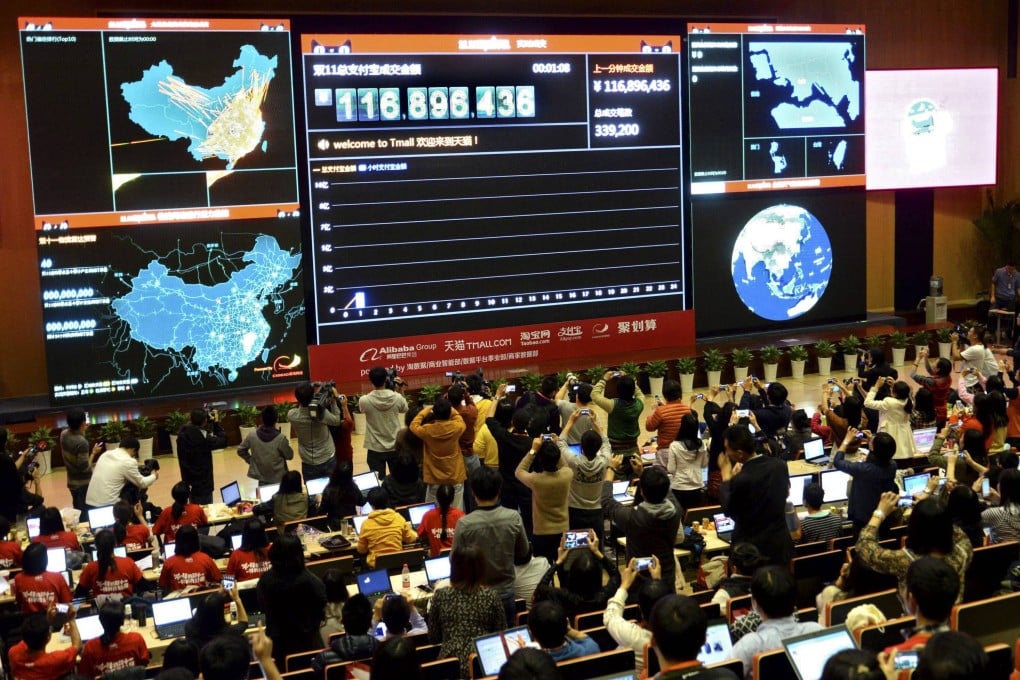No revenge spending in store for businesses from Hong Kong to Singapore as consumers tighten belt for rainy days, AIA survey shows
- Some 52 per cent of Hongkongers plan to increase their savings this year despite income erosion, mirroring trends in mainland China and Singapore
- AIA unveils results of a January survey on 7,400 of its customers in China and major Southeast Asian economies

Some 52 per cent of Hongkongers intend to boost their savings this year, according to a survey published by AIA Group. Almost half of them (46 per cent) aim to save 50 per cent more than in 2020. That mirrors the responses in mainland China and Singapore, the insurer added.
AIA surveyed 7,400 respondents in China and Southeast Asia including Singapore, Indonesia, Malaysia, Philippines, Thailand, and Vietnam in January. AIA is the world’s second most valuable insurer after Ping An Insurance (Group), according to Bloomberg data.

03:02
Amid pandemic, Chinese consumers spend US$74.1 billion during Singles’ Day online sales festival
“As the spending pattern in mainland China has shown, it seems people have no big interest in revenge spending” at the moment, said Kenny Ng Lai-yin, a strategist at Everbright Sun Hung Kai Securities. “Consumers are still worried about economic uncertainties.”

04:10
Hong Kong retailers should create experiences for local shoppers to survive with ‘zero tourists’